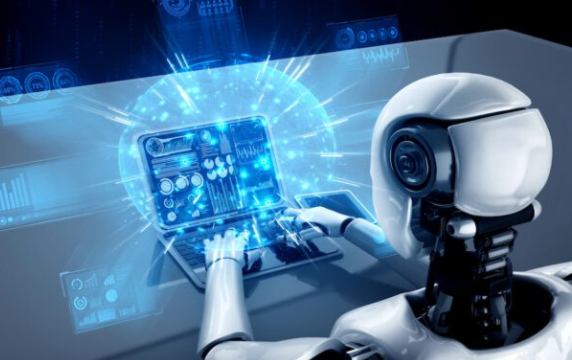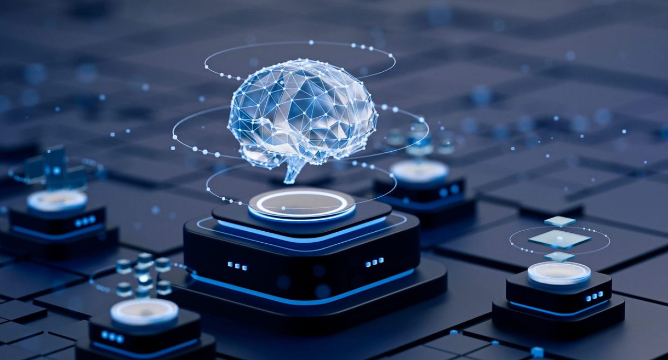Artificial intelligence (AI) is driving the transformation of the energy sector, making power generation, distribution, and consumption more efficient and sustainable. By 2025, AI-powered innovations will help optimize energy use, reduce carbon footprints, and enhance grid resilience. Let’s explore how AI is shaping the future of energy and sustainability.
The Role of AI in Modern Energy Systems
AI is playing a critical role in enhancing energy efficiency, integrating renewable sources, and predicting demand patterns. Key applications include:
- Smart Grid Management: AI enhances energy distribution by balancing supply and demand in real time.
- Predictive Maintenance: AI detects equipment failures before they occur, reducing downtime and operational costs.
- Renewable Energy Optimization: AI improves the efficiency of wind, solar, and hydroelectric energy production.
- Energy Storage Management: AI optimizes battery storage solutions to ensure a steady supply of power.
- Carbon Footprint Reduction: AI analyzes emissions data to help industries achieve sustainability goals.
Key Applications of AI in Energy
- Smart Grids and Automated Distribution
AI-driven smart grids monitor energy flow and autonomously adjust distribution to optimize efficiency. - Renewable Energy Forecasting
AI predicts weather patterns and adjusts solar and wind energy output accordingly, ensuring consistent power generation. - Energy Consumption Optimization
AI-powered home and industrial automation systems reduce energy waste by adjusting usage based on real-time demand. - AI-Driven Battery Storage Solutions
AI enhances energy storage systems, improving the reliability of renewable power sources. - Decentralized Energy Management
AI facilitates peer-to-peer energy trading and blockchain-powered smart contracts for efficient energy transactions.
Challenges and Ethical Considerations
While AI has the potential to revolutionize the energy sector, challenges remain:
- Data Privacy and Security: Protecting energy infrastructure from cyber threats and data breaches.
- High Implementation Costs: Investing in AI-driven energy solutions requires significant capital.
- Grid Reliability Risks: Ensuring AI-integrated grids remain stable and resilient against failures.
- Regulatory and Ethical Concerns: Adapting energy policies to accommodate AI-driven innovations.
The Future of AI in Energy
By 2025, AI will play a crucial role in achieving global sustainability targets by enhancing energy efficiency and reducing dependency on fossil fuels. AI-driven innovations in smart grids, decentralized energy markets, and AI-assisted nuclear fusion research will continue to advance the industry.
Conclusion
AI is revolutionizing the energy sector, making power generation more intelligent, efficient, and sustainable. As AI technologies continue to evolve, energy providers must embrace AI-driven solutions to ensure a cleaner and more resilient energy future. The future of energy is AI-powered, leading the world toward sustainability and innovation.





